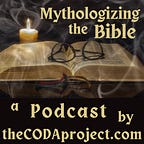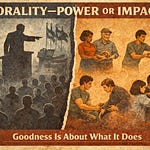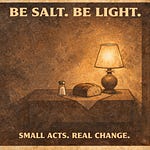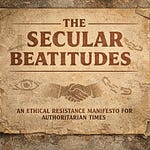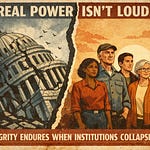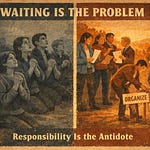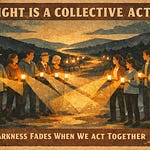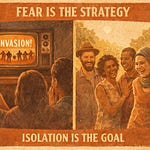Welcome to another Bonus Edition of the MTB podcast—a segment of the weekly episode that I call Afterthoughts! This is my favorite part of these weekly presentations because it gives me a chance to dig a little deeper into something that came up during the main episode.
In the main presentation, we looked at forgiveness and reconciliation—how real healing depends on understanding the whole story, extending forgiveness when possible, and building something new together. And if that all sounds a little too idealistic for the times we’re living in… well, you’re not wrong. It’s one thing to talk about forgiveness when the wounds are accidental or even mutual. But what do we do when the harm is deliberate? When the people causing it don’t show any signs of stopping—or repenting?
Let’s just name it plainly: Donald Trump is back in office. Elon Musk is heading a shadow department—the DOGE, which somehow sounds both ridiculous and terrifying at the same time. Thousands of Federal workers have been fired. Agencies are being dismantled. Courts are being ignored. Congress isn’t stepping in. And many of the people we love—our neighbors, family members, even friends—are cheering it all on. These aren’t abstract harms. They’re real, they’re happening now, and they’re not just policy disagreements. They’re attacks on democracy, justice, and basic human dignity.
So, what does forgiveness look like in a time like this? Is it even possible? Can we reconcile with people who support this kind of destruction—or do we need to start thinking about boundaries instead of bridges?
That’s what we’re going to explore together in this Afterthoughts session. Not because I have a nice and clean, easy answer—but because this is real life, and real life is messy. We’re going to sit in the discomfort, try to unpack the complexity a bit, and then ask what our response might look like—not just to move forward—but to do it in a way that keeps our values intact, while also keeping our hearts from hardening, and keeping our heads clear.

